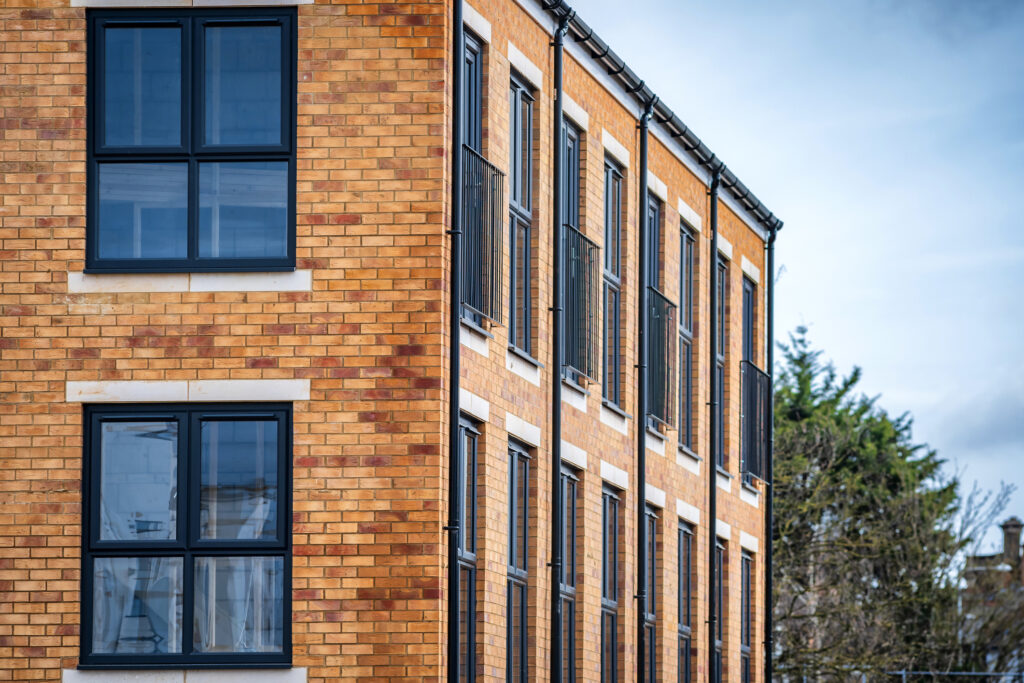
Most properties in England are usually either Freehold or Leasehold.
Typically, when you purchase a house, it will be freehold, where ownership is for an indefinite period of time and will only cease when you sell or dispose of the property.
Usually flats and apartments are leasehold, and you purchase a slice of time, i.e. for a number of years as defined in the lease. Once the term of the lease expires, the property will revert to the Landlord.
The lease usually requires you to pay ground rent and service charge to the landlord for the maintenance and repair of the common areas and building. This will usually include the building insurance.
What’s in the lease?
The lease will include a description of the property being sold, the rights benefiting the property and those that other property owners and other persons have over the property. It will also contain covenants and restrictions which are legal promises stating what you can and cannot do at the property.
What are the landlord’s responsibilities?
In return for paying ground rent, the Lease will define what you can expect from the landlord. These include:
- to enforce leaseholders’ covenants in the lease;
this means the landlord will ensure that you and other owners are abiding by the covenants and restrictions contained in the lease. - to ensure all the leases are substantially the same;
this means all Leases for the building and complex that the Landlord is responsible for contain the same rights, covenants and restrictions for each property. - to ensure leaseholders have quiet enjoyment of their property;
as an owner of the property, you are entitled to enjoy your property without interference and nuisance from other property owners. If another property owner is disrupting your enjoyment of the property, you can request the landlord take action to remedy the issue. - to keep the common parts in a good state of repair and redecoration;
the landlord, or his appointed agent, is responsible for keeping the common areas, such as the lift areas, communal recreational areas, lobbies etc. in good condition and to carry out any repairs. - to provide services that are specified in the lease, such as cleaning and gardening;
- to provide buildings, public liability and staff insurance;
What happens if the landlord cannot be traced?
There are occasions when a landlord does not perform their responsibilities under the lease because they cannot be located. This is referred to as an absent landlord. This can be a problem for all parties who have an interest in the lease and could lead to the following problems:
- Maintenance and repair of the building, the common areas and recreational areas are not being carried out and the areas can fall into disrepair.
- The covenants under the lease are not being enforced which could affect your enjoyment of the property
- The building may not be insured. This could have implications for your home insurance policy insuring your fittings.
There are other implications too, such as:
- You cannot extend your lease.
Once your lease has around 80 years left you may want to extend your lease, especially if you are selling the property and the buyer is buying with a mortgage. - You cannot buy the freehold title (if the property is a freehold house or you form a resident’s company to purchase the freehold title).
- You cannot claim the right to manage the block of flats.
Under Legislation, flat owners can form a majority group to exercise the right to manage the building. This is helpful if the building insurance is high or the costs to run and maintain the communal areas is greater than expected.
What if I have a mortgage lender?
Your conveyancer will need to report the matter to your lender to make them aware and that they are happy to proceed considering the risks. Some lenders will consent to this situation if their risk is protected by an indemnity policy.
If you are buying a property with an absent landlord, you will need to consider the above points and you may be able to proceed with an indemnity policy to protect against the associated risks.
Not having a landlord may affect the saleability of the property. Not everyone will be comfortable taking on the risk.
For more information on this topic, or anything Conveyancing related, please give me a call on 01283 561531 or email r.gibbs@timms-law.com
Take a look at our Leasehold Property Guide for further information on Leases.




